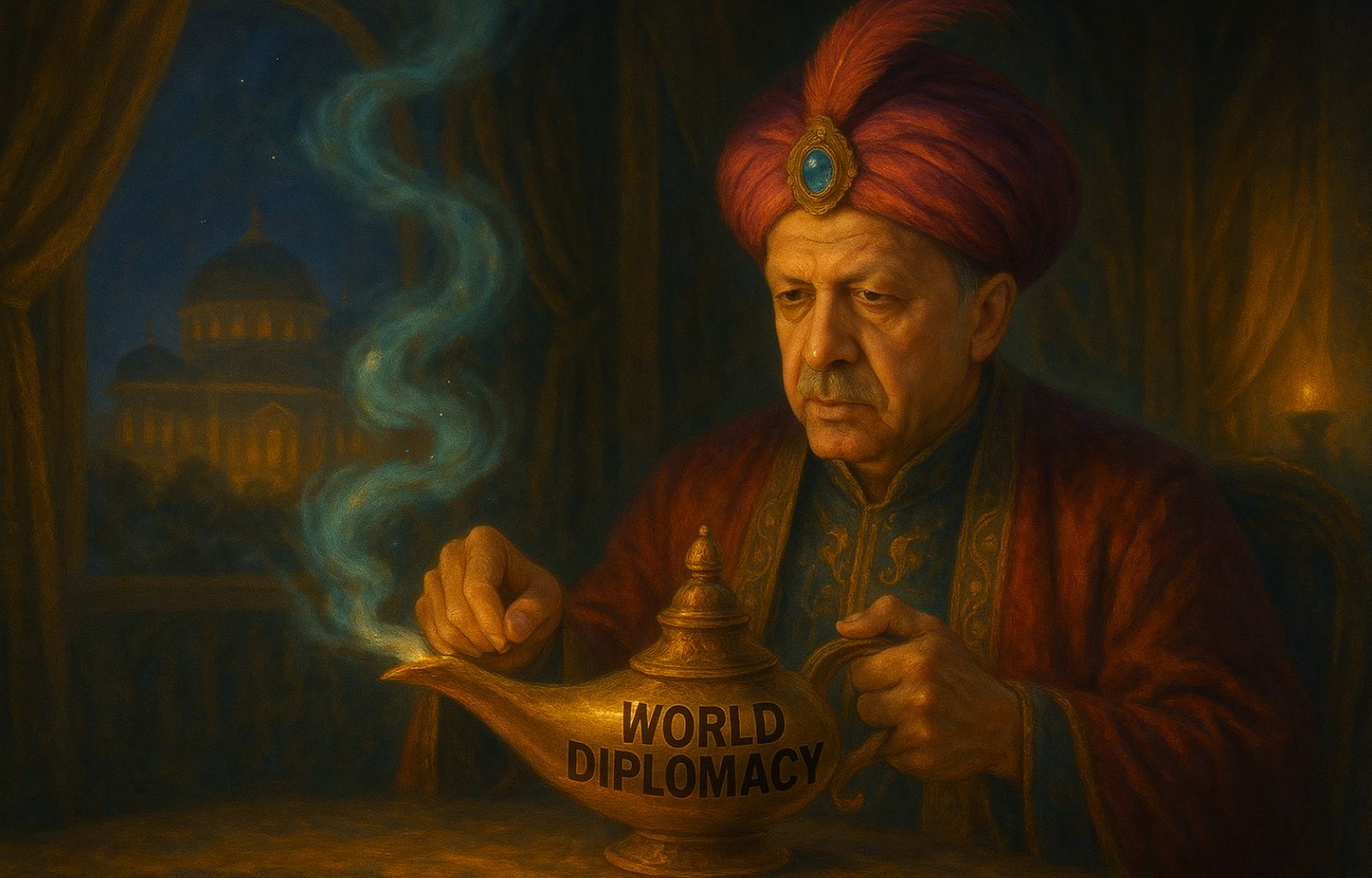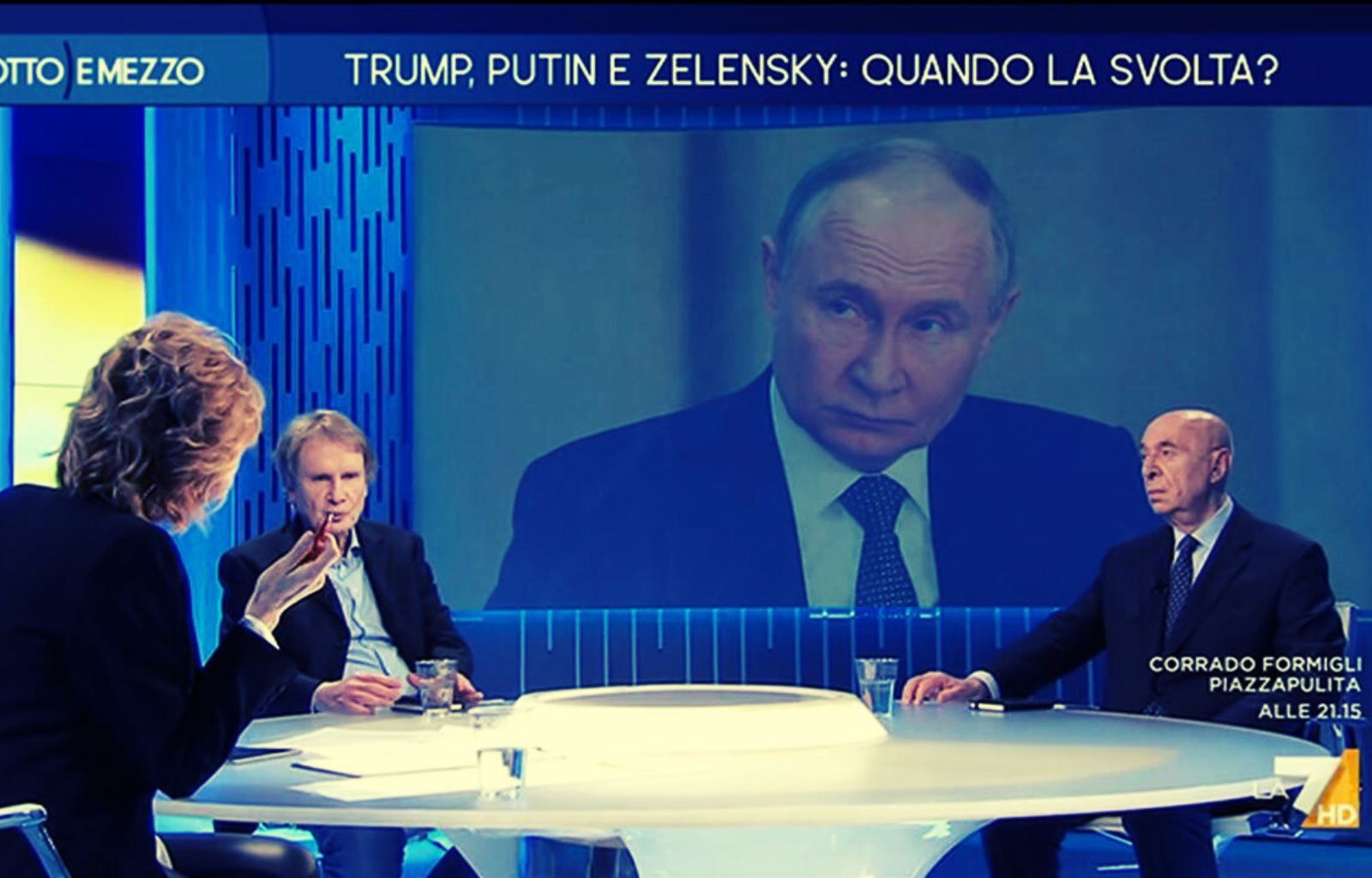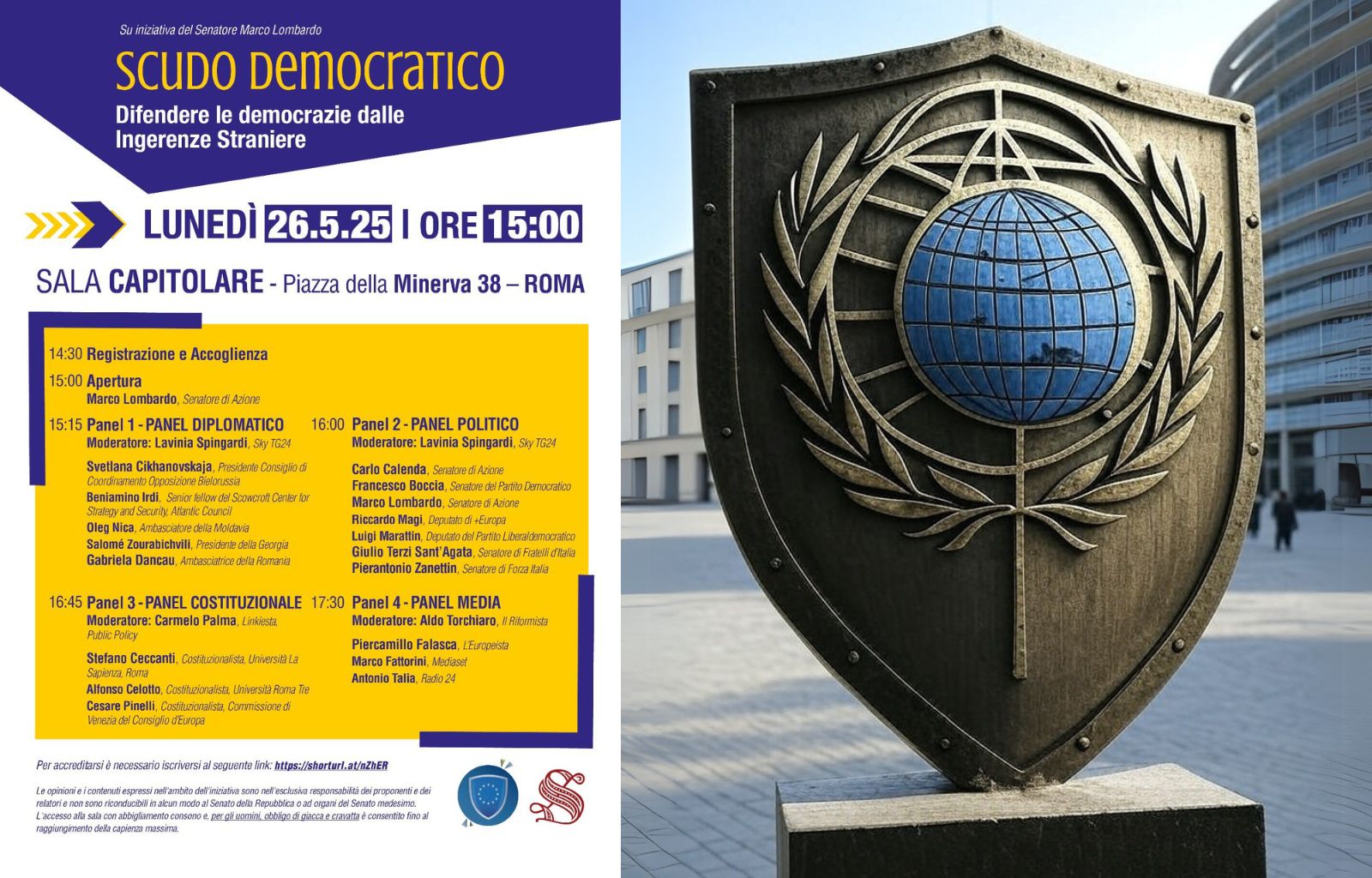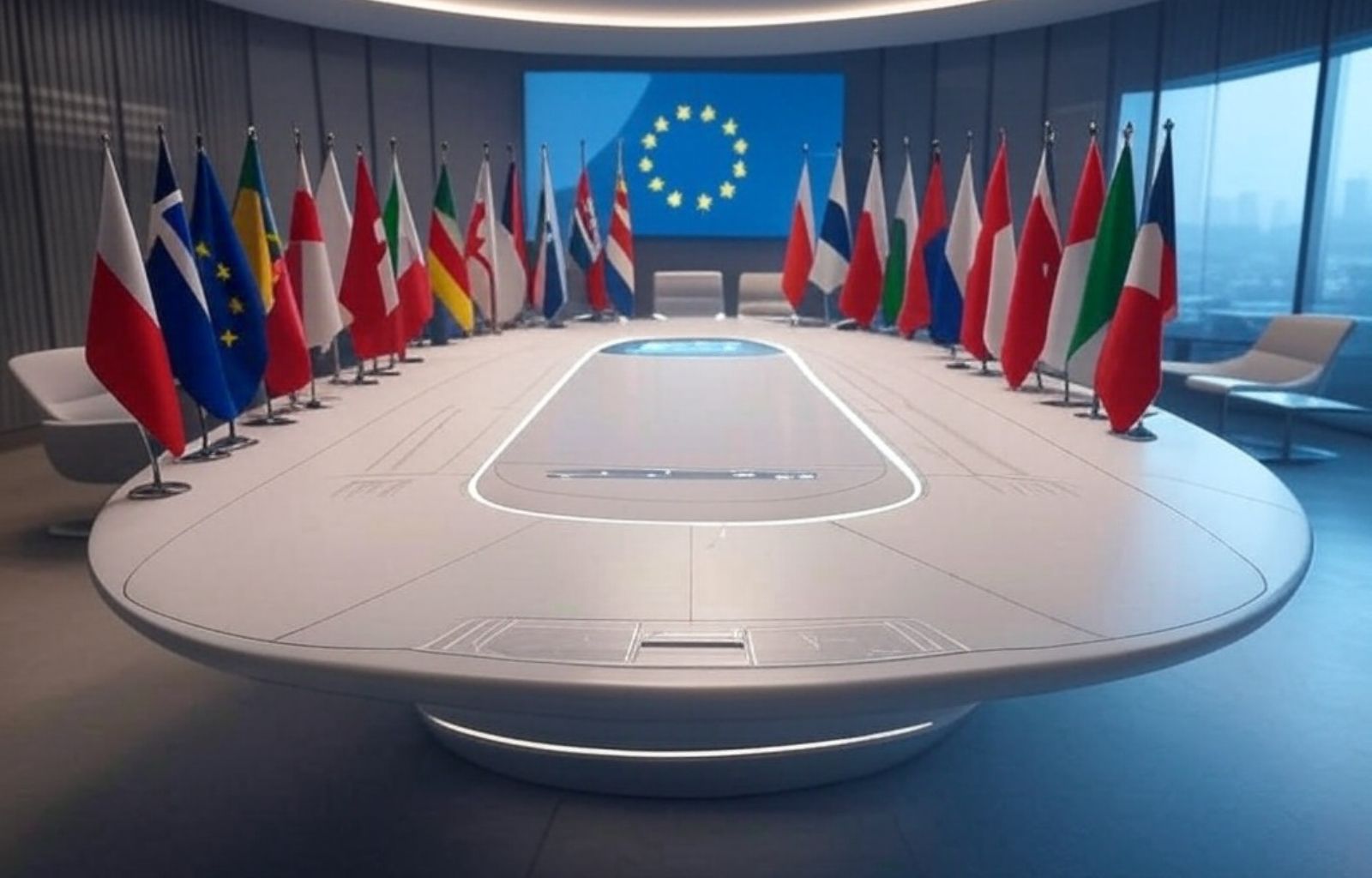Poland: Nawrocki president, renew loser

The last month of the Polish presidency of the EU Council opened with the presidential runoff victory of the PiS Eurosceptic candidate Karol Nawrocki. This was the opposite of the pro-European government coalition led by Donald Tusk.
Now the political-institutional uncertainty in Warsaw is reaffirmed, swinging back and forth between the Europe of Brussels and the anti-Europe of Visegrad.
‘Those 400,000 votes’. Trzaskowski beaten as in 2020
As detailed in this interview for Radio Radicale, the challengers in the second presidential round on 1 June were Rafal Trzaskowski of Civic Platform and Karol Nawrocki of Law and Justice.
Although they won the runoff, both candidates of Poland’s main parties, respectively representing Prime Minister Tusk and outgoing President Duda, had not excelled in the first round, garnering only 31.4% and 29.5% of the vote.
The same bipartisanship as in 2020, when Trzaskowski himself contested the presidential seat with Andrzej Duda. Today, as then, it was the PiS candidate who prevailed, by a crystal-clear margin of around 400,000 preferences.
In these five years, the political landscape has changed and not a little, mainly due to the governmental handover from Morawiecki to Tusk, yet Polish voters did not ultimately change their orientation.
Geographically demarcated and anagrammatically sectarian, it was the preservation vote that prevailed, the result – as in 2020 – of the widespread distrust of Poles towards change rather than the actual mirroring of voters with the president-elect’s policies.
The presidential campaign in today’s Poland
Never before has the presidential dispute been so keenly felt in the Sarmatian state. Proof of this was the significant turnout recorded in the first and even more so in the second round of voting, in which 71.63% of those eligible went to the polling station.
As we have been saying for some time now, Poland is now to all intents and purposes a running giant, a happy economic crossroads between Western liberal culture and Eastern work ethic, as stated last week by The Economist.
The current perceived grandeur abroad, reinforced by the continental political centrality of the Tusk government, is not equally perceived domestically. What characterised the election campaign were mainly internal dynamics, such as concern about excessive immigration and growingpublic debt.
The political-electoral frame was not led by the major parties, instead it was the populist-extremist movements of Slawomir Mentzen, Grzegorz Braun and Adrian Zandberg that imposed the themes.
Polarising, divisive and impactful. This is the content characteristic of the three candidates in question, whose transversal aversion to the system, ranging from Zandberg‘s eco-socialism to Mentzen ‘s racist anti-Semitism to Braun‘s Catholic messianism, has attracted large sections of the electorate.
Nawrocki and Trzaskowski, despite their position of clear preponderance in the consensus, were forced to follow the patterns beaten by their opponents, making a real thematic run-up even more pronounced in the two weeks before the ballot.
Rafal Trzaskowski: concave, convex and defeated
The one who suffered most from this strategy was Rafal Trzaskowski of Civic Platform. The entire campaign of the mayor of Warsaw was characterised by the low degree of innovation of the proposals, with the complete programmatic flattening on the Tusk government and the frantic search for institutional transversality.
In an attempt to intercept the broadest possible consensus, the candidate of Piattaforma Civica has assumed an institutionally unified posture that is open to multiple political contaminations.
This attitude, reversed by ambiguous and unclear stances on the issues most felt by the electorate, did not bring about the desired enlargement of the electoral pool, leading instead to the distortion of Trzaskowski‘s political profile.
His seven years at the helm of the capital markedTrzaskowski’s profile as ‘markedly progressive‘, especially in terms of his courageous civil rights resolutions.
In a double-round election, with a physiological broadening of the value base of the platforms on the ballot, the radicality embodied by Trzaskowski in the Polish public imagination was, as in 2020, not very rewarding.
In fact, the presidential candidate’s programmatic mediation failed to shake the mistrust of the conservative-moderate middle class, leading rather to a cooling of theprogressive electorate.

The incidence of the youth vote in the year of electoral identity splits
Weighing more than anyone else like an axe, and determining precisely the defeat of the pro-government candidate, was theunder-30 electorate. Hyper-polarised in the first round, where the extremist candidates Mentzen and Zandberg prevailed, it increased even more in the second round.
Millennials, in defiance of many predictions, once again went to the polls en masse, responding in full voice to the electoral call.
The gender divide is striking, with young men voting in an ultra-majority for Nawrocki and young women for Trzaskowski. (Source: Euractiv)
Prevailing, also numerically, were the young men who, after having largely supported Slawomir Mentzen of Konfederacija in the first round, flocked to Nawrocki, in line with the endorsement made by the excluded candidate in his popular ‘Streaming
It is not only the youth electorate that has split in these votes, but the entirePolish social fabric.
As Carmelo Palma pointed out, the Ipsos polls clearly showed the territorial demarcation, with therural east for Nawrocki and theindustrialised west for Trzaskowski, and the absolute differentiation of votes by level of education, with the PiS candidate clearly prevailing among the poorly educated and the Warsaw mayor rampant among university graduates.
The renewed cohabitation: the uncertain two years ahead of Tusk
The bicephalic electoral data correspond perfectly to the institutional discord Poland is once again experiencing.
Donald Tusk‘s big bet, on the strength of his excellent foreign policy and economic performance, was to win the presidential seat in order to accelerate the reform process before the renewal of the parliamentary Diet in 2027.
The election of Nawrocki, who is even more extremist than Duda, will certainly lead to a stalemate in the short term on the most characteristic bills of the government programme, such as the civil unions project and the legalisation of abortion.
The newly elected president, on the strength of his electoral mandate, has already announced that he will exercise his right of legislative veto at full discretion, forcing the government into relentless mediation. We reserve in-depth analysis of Karol Nawrocki‘s profile, especially in light of the first presidential measures, for a future in-depth analysis.
By virtue of the election result, Donald Tusk has already signalled his intention to ask the parliament for a vote of confidence again. In spite of numerous requests, coming in particular from Jaroslaw Kaczynski, to launch a technical government with a view to early elections, the prime minister is confident of bringing the game home, thanks to the unity of the governmental front.

Reading Polish politics through European lenses (but not too much)
Ad concludendum, over the past few days the Polish election affair has been central to the political and journalistic debate in Italy and on the continent. As is always the case, what has emerged has been more internal ‘tifoserie’ than the political facts of the country in question, in line with the unhealthy tendency to read the vicissitudes of others through one’s own lens.
Without going into details to avoid tedious polemics, let us say that perhaps this vote can also serve as a lesson for us. With all the specifics already amply addressed, Polish politics shows us the overcoming of right-left dualism in favour of the real distinction now characteristic of the continental electoral landscape: pro-European vs Eurosceptic approach.
So it is now up to the pro-European parties to find their own strong narrative, without hiding behind intermediary veiled attitudes that bring no results. The only levee to bi-populist sovereignisms remains a pragmatic and reinvigorated European front for change, capable of bringing to the forefront the urgency of building astrong and functioning Union in order not to succumb in the face of global bad weather and the many ‘Nawrocki’ scattered across Europe.
Father of the modern Polish state Józef Piłsudski liked to repeat ‘Union or death’. Subjects to be unified today have changed, but the message remains the same.











